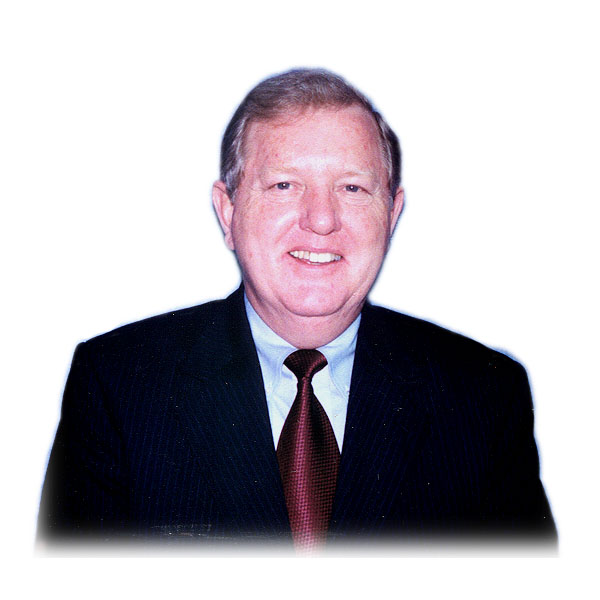CEO'S Corner - A message from WFEC Executive Vice President and CEO Bill Rimes
|
|
When people find out I am in the electric utility business, the first question they ask me is, "What went wrong with deregulation in California, and can it happen here?" The situation there is complicated and the causes are still being debated, but here are my views on the matter.
What went wrong in California?
California’s economy had grown rapidly in the 1990s without a corresponding increase in power generation.
Natural gas prices had risen dramatically, and over half of California’s generation plants used natural gas.
Droughts in the Pacific Northwest reduced the availability of low-cost hydro power.
California adopted a deregulation plan that appears incredibly ill-conceived. They had unregulated wholesale prices but had regulated retail prices.
Consumers were promised lower rates for electricity under deregulation, but what they got, in some cases, were blackouts and skyrocketing rates.
As a consequence, companies shut down plants and laid off employees, resulting in a $22 billion loss in productivity, 135,000 lost jobs, causing people and businesses to move elsewhere.
Can California’s problems happen here?
Neither Florida nor Alabama, where West Florida Electric Cooperative’s power supplier is located, are likely to become another California.
We’re learning from their mistakes. Alabama’s Public Service Commission has said no to deregulation at this time, and Florida officials are studying the issue carefully.
We’re building more generation as quickly as possible. For instance, Alabama Electric Cooperative, WFEC’s power supplier, expects to have a new 500-megawatt combined cycle plant at Gantt, Ala., in service by the end of the year, and plans are already underway for building another plant in 2004 or 2005. Long-term contracts stipulate that all of this power will go toward serving the 21 distribution co-ops, including ours, who are AEC’s owners.
Florida will have a sufficient supply of natural gas. Upgrades to Florida Gas and Transmission’s pumping station at Hinson Crossroads will double the flow of gas through its pipeline to the Florida Panhandle. Ground has been broken, as well, for a Gulf Stream Natural Gas system running 750 miles under the Gulf, all the way from Mobile Bay to Manatee, Fla. Due for completion in June 2002, the pipeline will produce enough fuel to power 5 million homes.
Our hope at WFEC is that the state of Florida’s leaders have learned from California’s mistakes and will take a cautious, slow approach to deregulation. Governor Bush appointed a 2020 Study Commission in December 2000, with a commission report due in December 2001.
At the federal level, we expect a national energy policy this year, and the nation’s electric co-ops have endorsed President Bush’s proposal to increase the energy supply by building more power plants nationwide, investing in coal and encouraging further development of nuclear generation. Bush’s proposal also calls for energy conservation, modernized infrastructure and environmental protection.
Page created and maintained by West Florida Electric Cooperative, Inc. © 2001.
designed by embryo design
